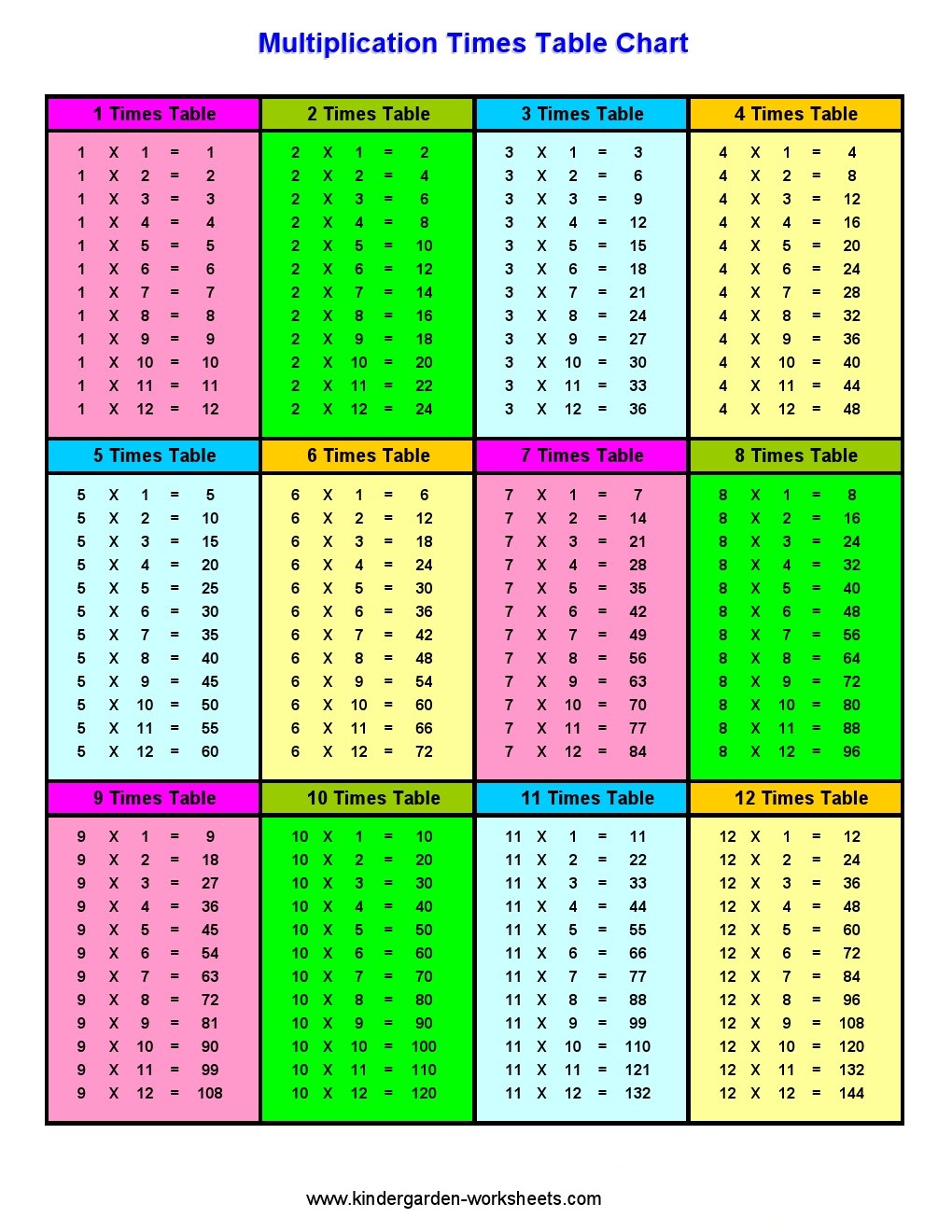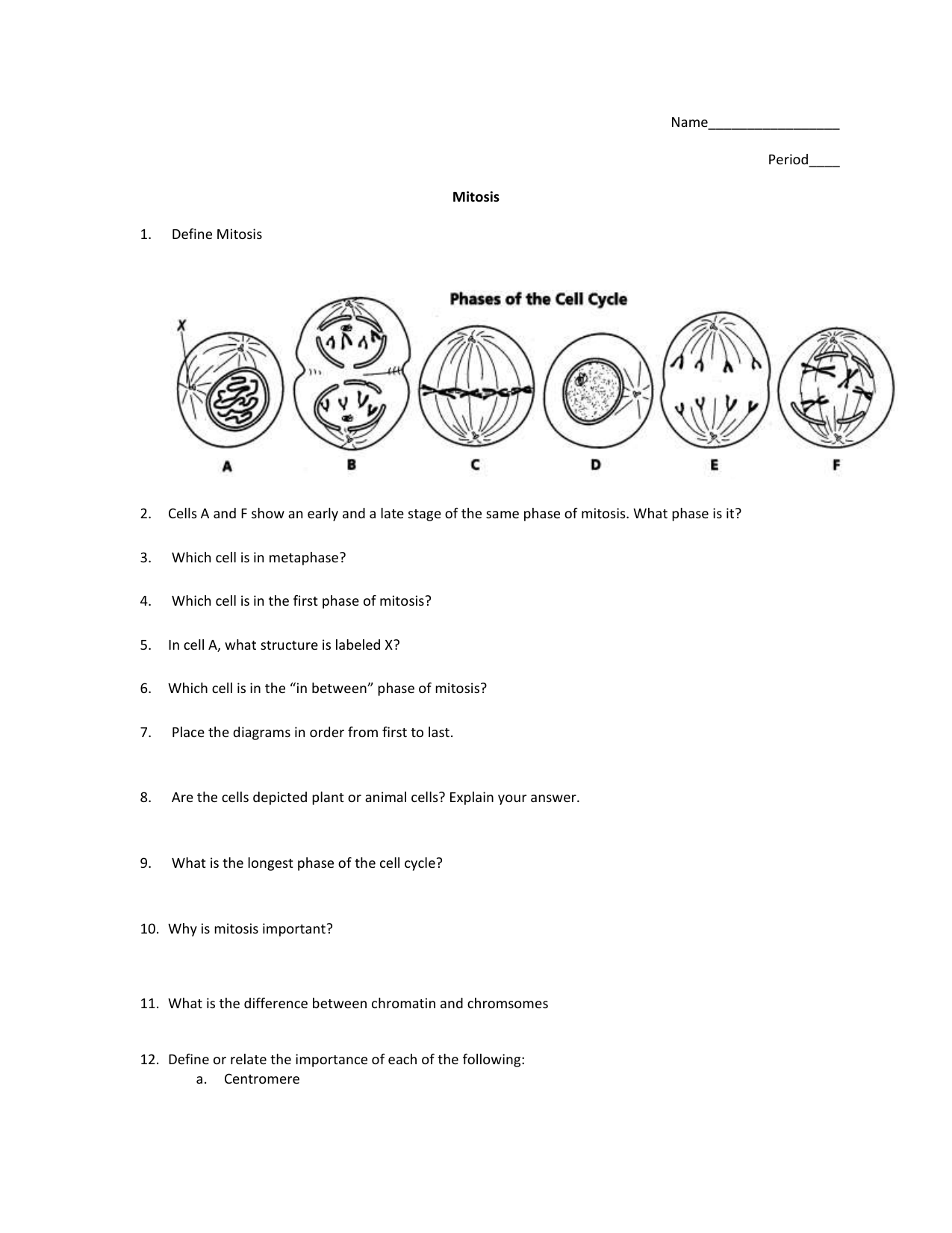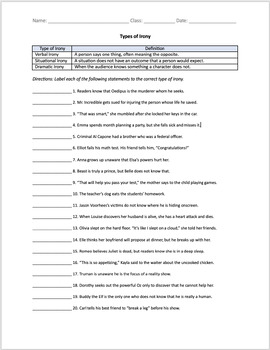Spotting Errors: Mastering Logical Fallacies Worksheet
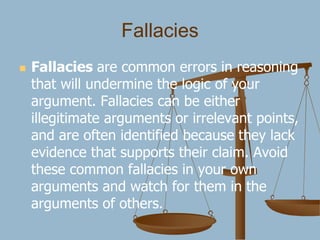
Understanding Logical Fallacies
Logical fallacies are errors in reasoning that undermine the validity of an argument. They can be persuasive, making them a powerful tool in argumentation, but they can also be misleading, leading to incorrect conclusions. Mastering logical fallacies is essential for critical thinking, effective communication, and making informed decisions.
Types of Logical Fallacies
There are several types of logical fallacies, which can be categorized into two main groups: formal fallacies and informal fallacies. Formal fallacies occur when the form of the argument is flawed, whereas informal fallacies occur when the content of the argument is flawed.
Formal Fallacies
Formal fallacies involve errors in the structure of an argument. Here are some common examples:
- Affirming the Consequent: Assuming that because the conclusion is true, the premise must also be true.
- Denying the Antecedent: Assuming that because the premise is false, the conclusion must also be false.
- Undistributed Middle: Assuming that because two things share a common characteristic, they must be the same thing.
Informal Fallacies
Informal fallacies involve errors in the content of an argument. Here are some common examples:
- Ad Hominem: Attacking the character or personal traits of the person making an argument, rather than addressing the argument itself.
- Straw Man: Misrepresenting or exaggerating someone’s argument to make it easier to attack.
- False Dilemma: Presenting only two options as if they are the only possibilities when, in fact, there are other options.
Spotting Errors: A Worksheet
Now that we’ve covered some common logical fallacies, let’s practice spotting errors with a worksheet. Read each argument carefully and identify the logical fallacy.
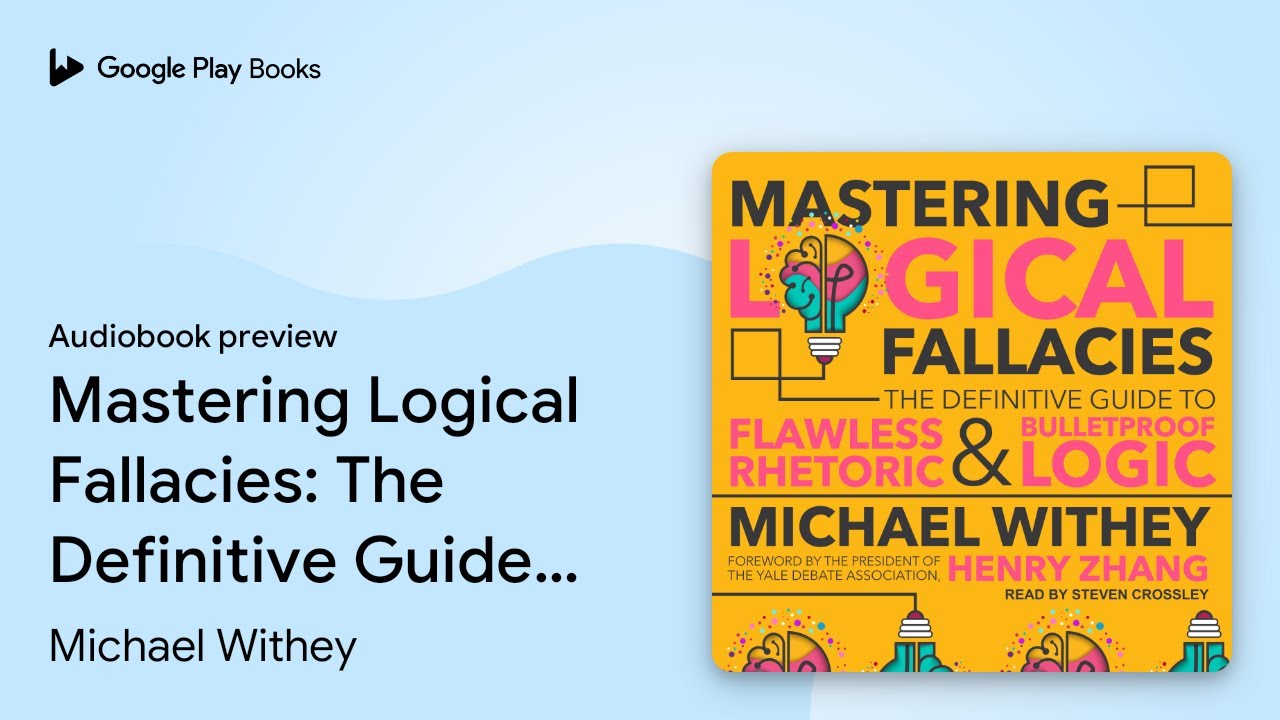
| Argument | Logical Fallacy |
|---|---|
| If it's true that all humans are mortal, and Socrates is human, then Socrates is mortal. | |
| My opponent is a liar, so his argument must be false. | |
| Either you're with us, or you're against us. | |
| Since the conclusion is true, the premise must also be true. | |
| My opponent is a expert in the field, so his argument must be true. |
Answers and Explanations
- Formal Fallacy: None (This is a valid argument using deductive reasoning.)
- Ad Hominem (Attacking the character of the opponent rather than addressing the argument.)
- False Dilemma (Presenting only two options as if they are the only possibilities.)
- Affirming the Consequent (Assuming that because the conclusion is true, the premise must also be true.)
- Appeal to Authority (Assuming that because someone is an expert, their argument must be true.)
🤔 Note: Mastering logical fallacies takes practice. Try to identify logical fallacies in your everyday conversations and arguments.
Conclusion
Logical fallacies are errors in reasoning that can undermine the validity of an argument. By understanding and mastering logical fallacies, we can improve our critical thinking skills, communicate more effectively, and make informed decisions. Remember to practice spotting errors and be aware of logical fallacies in your everyday conversations and arguments.
What is a logical fallacy?
+A logical fallacy is an error in reasoning that undermines the validity of an argument.
What are some common types of logical fallacies?
+Common types of logical fallacies include ad hominem, straw man, false dilemma, affirming the consequent, and appeal to authority.
Why is it important to master logical fallacies?
+Mastering logical fallacies is essential for critical thinking, effective communication, and making informed decisions.
